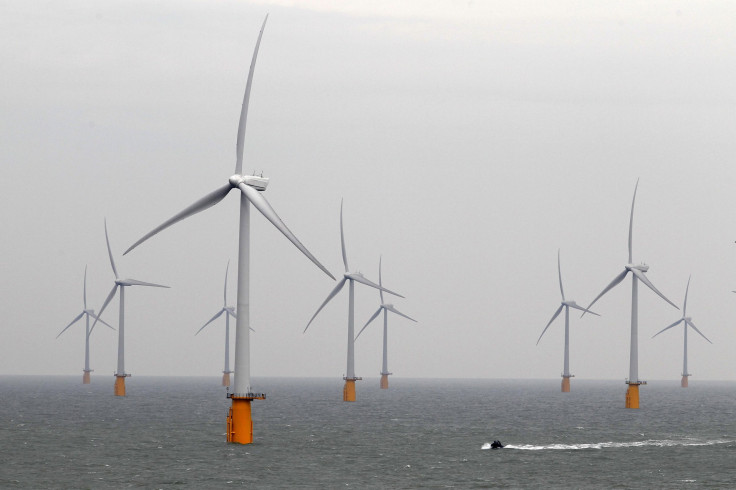Why Is The UK Considering A Bailout For Energy Firms?
The U.K. is weighing whether its energy sector may need a state-funded bailout as energy firms are being squeezed by high prices, high demand and the lingering effects of a tough winter season.
On Tuesday, Business Secretary Kwasi Kwarteng said that the government was considering “a lot of options” on how it can alleviate the pain of the country’s struggling energy sector. The Guardian reported that five small suppliers have already capsized in recent weeks, and another four are likely to collapse before the end of the month. However, this number could rise by the winter when the current high demand will further compound high prices
Kwarteng has met with energy executives in recent days and emphasized that badly run companies should not be bailed out at the taxpayers’ expense. The goal of the state, according to Kwarteng, would be to ensure continuity of energy supplies to customers rather than to save every struggling company from collapse.
“We are looking at options to protect consumers, and meetings continue across government today and this week. In any scenario, we will ensure U.K. consumers have continuity of supply – through a supplier of last resort or a special administrator if needed,” Kwarteng said, insisting that “consumers come first.”
Energy prices in the U.K. have been rising from a surge in demand with prices going up by 250% since January, according to the energy industry trade group Oil & Gas U.K.

There are a number of factors for the jump in prices, chief among them an imbalance in supply and demand. Most British energy consumption is met by domestic suppliers, with 48% of all gas originating from the country’s own natural gas reservoirs. But the downside to this is that the U.K.’s continental shelf where the gas is drawn from is considered to be “matured,” meaning that the amount of energy it can produce is becoming strained.
On the renewable side, low wind speeds have left supplies similarly constrained. In the U.K., onshore and offshore wind energy installations make up 24% of total supplies.
The U.K.'s energy woes mirror a Europe-wide trend of higher prices stemming from lower supplies. The gas price at the Dutch TTF hub, a European benchmark for gas trading, stood just above 74 euros ($86.90) per megawatt-hour by the early afternoon in London, according to CNBC. This was just short of last week's record high of 79 euros per megawatt-hour.
However, rising demand from China and other Asian countries has made competing for natural gas supplies more fierce and this has been amplified by a limitation in supplies from Russia to Europe. On Tuesday, the Paris-based International Energy Agency (IEA) implored Russia to increase gas supplies to Europe, but Russia’s main supplier Gazprom warned that a lack of underground infrastructure for delivery could mean higher prices in the winter.
Finally, the U.K. has legally mandated price caps for energy that are due to increase in October ahead of the winter season. Energy firms argue that the price caps prevent them from pushing the price rises onto consumers and exasperate the current situation, but Kwarteng stressed that they will “not go anywhere.”
© Copyright IBTimes 2025. All rights reserved.





















